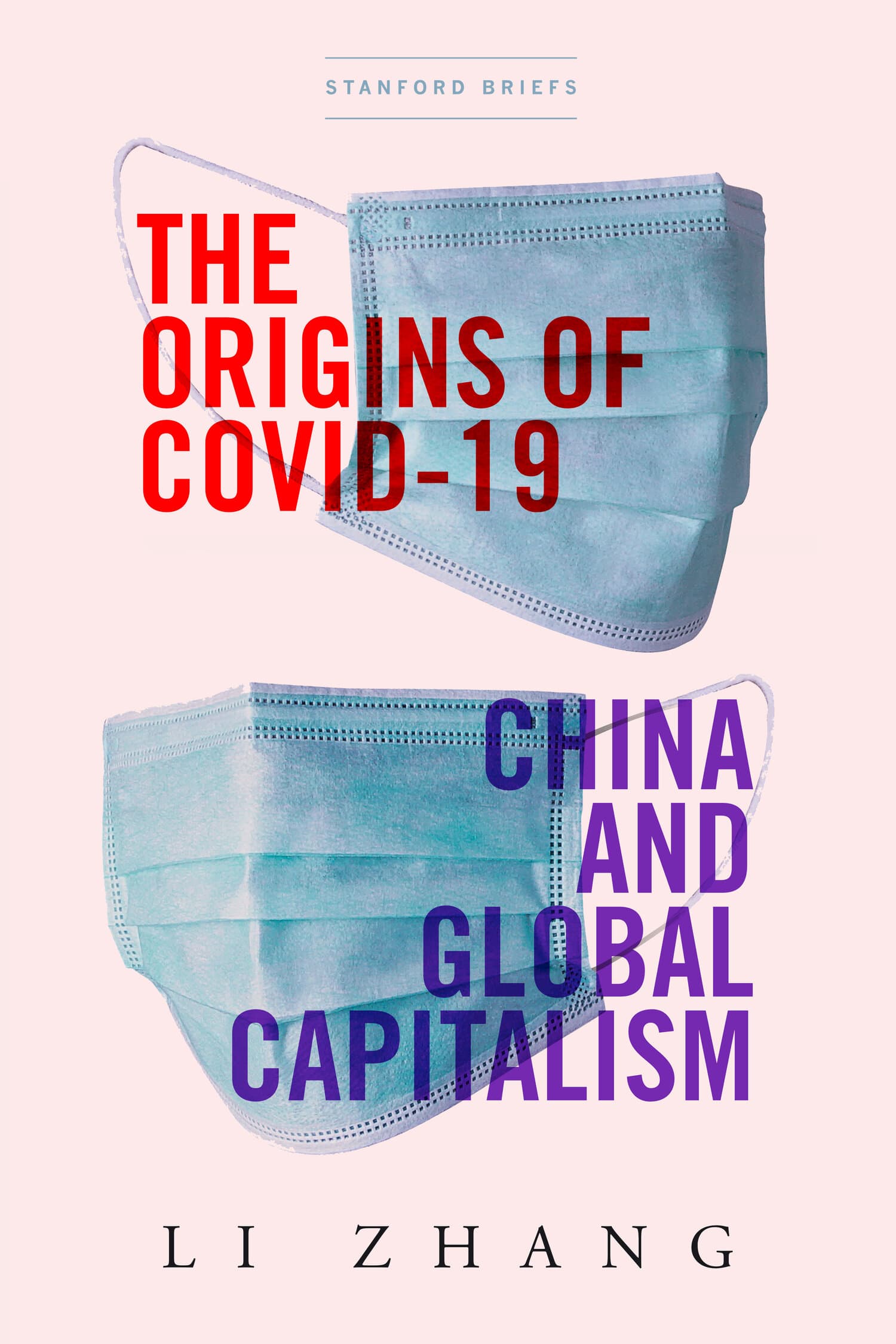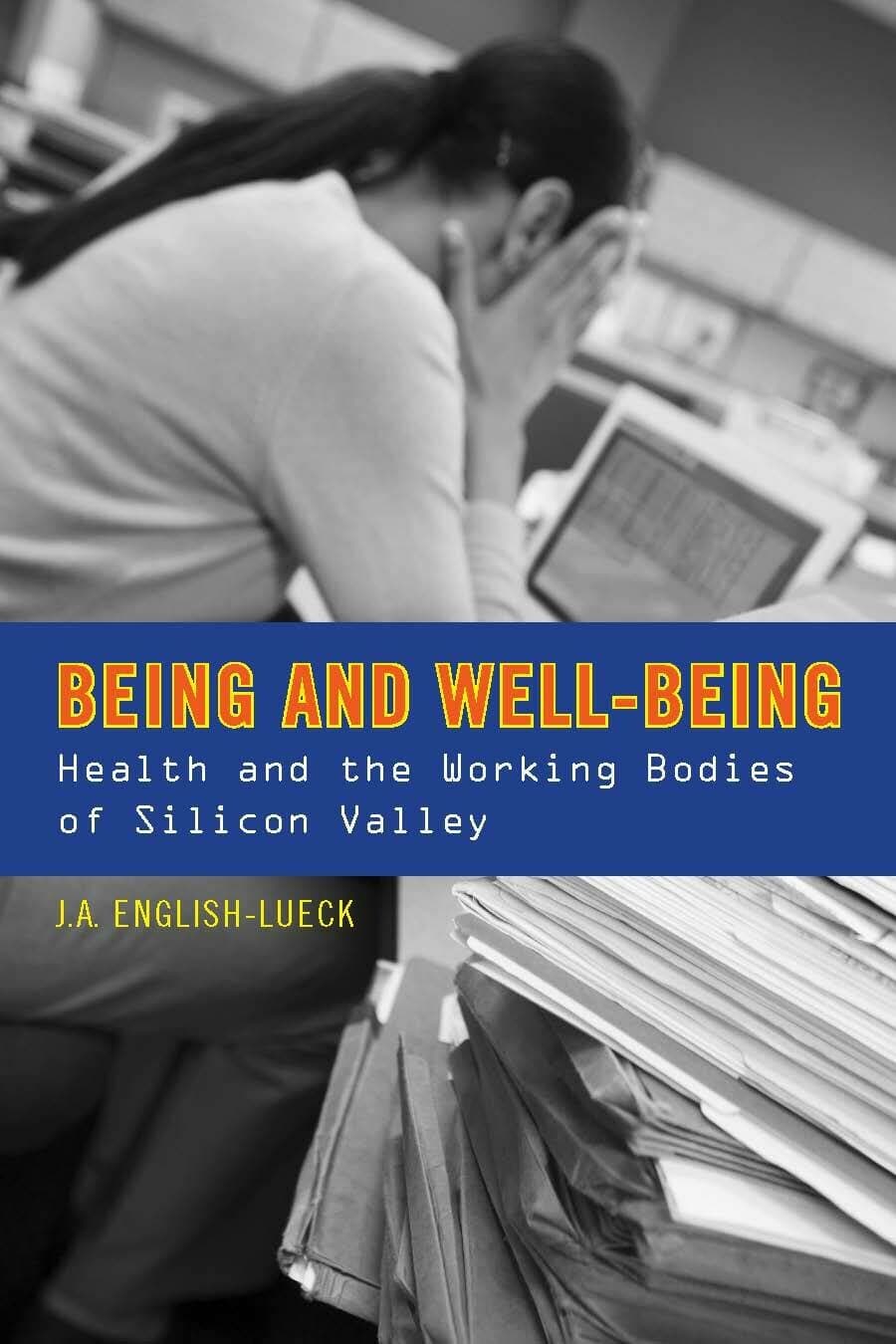The Biomedical Empire
Award Winner
2023: Outstanding Scholarship Award
Winner of the 2023 Outstanding Scholarship Award, sponsored by the Society for the Study of Social Problems (SSSP) Health, Health Policy, and Health Services Division.

We are all citizens of the Biomedical Empire, though few of us know it, and even fewer understand the extent of its power. In this book, Barbara Katz Rothman clarifies that critiques of biopower and the "medical industrial complex" have not gone far enough, and asserts that the medical industry is nothing short of an imperial power. Factors as fundamental as one's citizenship and sex identity—drivers of our access to basic goods and services—rely on approval and legitimation by biomedicine. Moreover, a vast and powerful global market has risen up around the empire, making it one of the largest economic forces in the world. Katz Rothman shows that biomedicine has the key elements of an imperial power: economic leverage, the faith of its citizens, and governmental rule. She investigates the Western colonial underpinnings of the empire and its rapid intrusion into everyday life, focusing on the realms of birth and death. This provides her with a powerful vantage point from which to critically examine the current moment, when the COVID-19 pandemic has exposed the power structures of the empire in unprecedented ways while sparking the most visible resistance it has ever seen.
"After the post-colonial critique of empire and the Foucauldian critique of biopower, Katz Rothman exposes the insidious reach of the biomedical empire, a global industry that has appropriated our capacity to care, commodified our sense of well-being, and seized full control over the beginning and end of life. Essential sociological reading for anyone interested in rescuing critical medical sociology from the clutches of right-wing populism."—Finn Bowring, Cardiff University
"This book identifies the Biomedical Empire as the global leviathan monopolizing control of medicalized/industrialized healthcare, a truly imperial system defined by the bottom-line logic of 21st-century corporate- and finance-dominated global capitalism. This short, provocative account wonderfully illustrates how all this top-down-controlled machinery impacts intimate human events like birth, death, and the lonely terror of COVID-19 pandemic victims."—David Smith, University of California, Irvine
"This work is a crisp critique of biomedicine which shows hope for a way out of the Biomedical Empire wherein the public, health and care may be infused back into public health."—Meghna Roy, Sociology of Health and Illness
"While the book primarily draws on examples from the United States and the author's own lived experience, Rothman makes the case that the biomedical empire is transnational and transcends the nation-state. Unfolding over ten chapters, the book contributes to existing work in the sociology of medicine and scholarship on empire in contemporary contexts."—Durgesh Solanki, Journal of World-Systems Research
"This book provides a compelling argument that only by naming the Biomedical Empire and recognizing biomedical citizenship can we begin to transform societies to act on the fundamental determinants of health."—Crystal Adams, Contemporary Sociology
"Taken together... this book is a powerful damnation of contemporary health care systems, particularly in the United States where every service is itemized and billed."—Jill Thistlethwaite, Fulbright Chronicles
"In a nutshell, [Katz Rothman's] book is a must-have not just for scholars and researchers interested in medical sociology but also for anybody seeking to familiarize themselves with the biomedical empire. Anyone who has visited a hospital or used biomedical services will be able to connect to the book. As a result, practically everyone should read the book."—Pankaj Singh, H-Death
"[The Biomedical Empire is] an invitation to us all to rethink how we theorize the local and the global, class and power, and our subjection to persistent, escalating inequality worldwide."—Lenore Manderson, American Journal of Sociology




